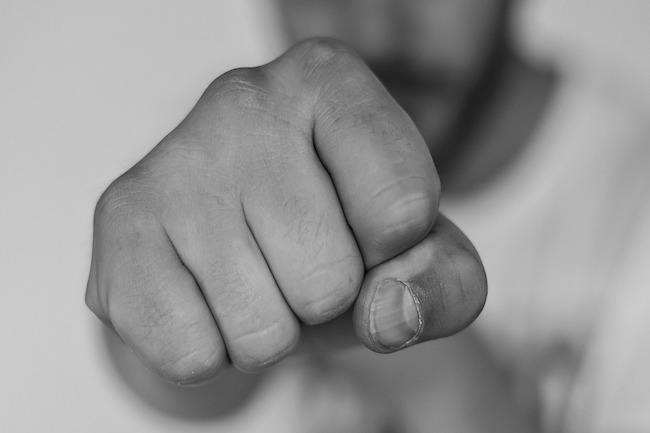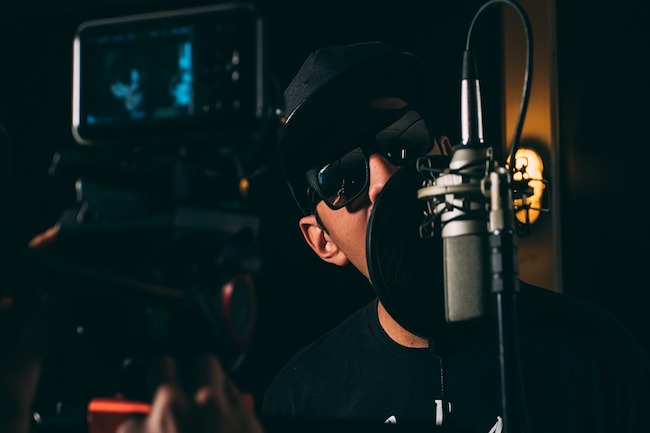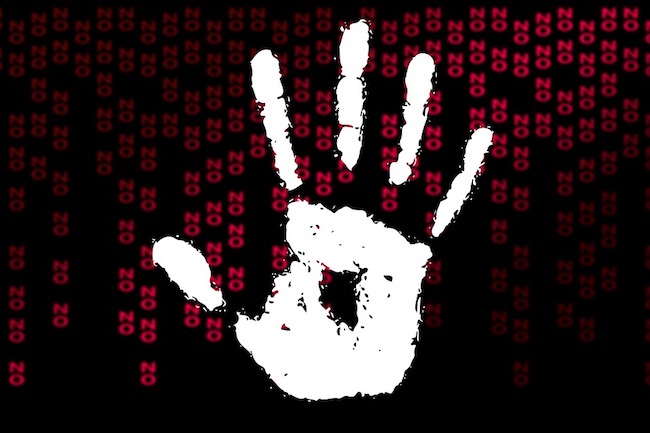Ebby – More About The Unhappy Life
Click Here for Part I
Click Here for Part II
Ebby’s own account of the relapse, as he described it in an AA talk in 1954, is relayed to us by Mel B.: “I returned to Albany in the summer of 1936. After casting about for a time, I secured a job with the Ford Motor Company . . . This was the fall of 1936, November. I stayed with this Ford Company until the last part of April 1937, went on a trip to New York, and I fell off the wagon. That was after two years and approximately seven months of sobriety and work with the Oxford Group. I returned to Albany and the old merry-go-round started, and I was drinking heavily and continuously for a long time.” (Ebby, Mel B., p.77)
Mel B. sees a clue in the use of the term “on the wagon,” a phrase not used by AA members because it implies a temporary venture into dry living that will be eventually replaced by drinking. Even in 1954, he referred to his slip as a sort of accident—“I fell off the wagon.”
Lois offers her assessment of Ebby’s inconsistent sobriety: “Perhaps it was a difference in the degree of wanting sobriety. Bill wanted it with his whole soul. Ebby may have wanted it to simply stay out of trouble . . . Ebby seemed to do very little about helping others. He never really appeared to be a member of AA. After his first slip many harmful thoughts seemed to take possession of him, and he appeared jealous of Bill and critical of the Oxford Group and AA.” (Lois Remembers, p. 118)
Michael Fitzpatrick has put together an interesting book Dr. Bob and Bill Speak, in which he brings us the direct words of the founders. He also supplies us with a lengthy composite of eight recordings of Ebby speaking that includes the following:
” . . . I slowly started pulling away from the things that were keeping me on track. I began to feel lonely and sorry for myself, blaming God for not giving me the one thing I really wanted—a romantic relationship with someone I could love. Somehow I felt I’d been mistreated. One day a friend from work commented that I hadn’t been myself and described me as ‘a piece of steel wire.’ I headed to New York that weekend and checked into the Lexington Hotel. It was April of 1937 . . . ” (p. 25)
Ebby went on a dinner date with a woman he knew. She ordered a drink, and so did he, much to his friend’s surprise as they had been out several times during his sobriety, and knew his story. By midnight, he was “roaring drunk.” A second drinking incident, that cost him his job, followed almost immediately.
Ebby’s AA talks reveal a great deal. When describing their drinking days, many AA’s tell comical stories—tragic and near-tragic events can be related humorously, twenty or thirty years removed. With Ebby, it was different. Very clearly, he looked upon his drinking era as “the good old days,” or, with apologies to Bruce Springstein, his “glory days.” Listening to a tape of Ebby’s “pitch,” one can imagine his face lighting up, his eyes sparkling. There is no similar enthusiasm when he speaks of sobriety. There is a real sense of “I was bad, so I ended up here,” in Ebby’s story.
It’s not a stretch to conclude that he viewed sobriety as some sort of punishment for having too much fun, or for running out of money.




